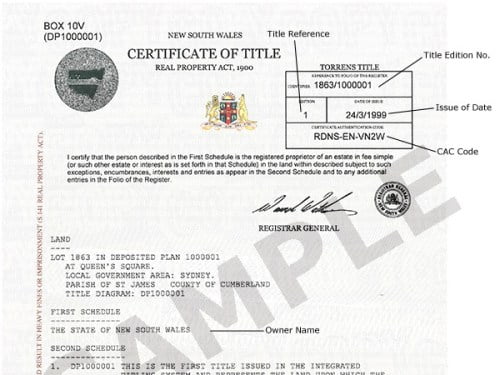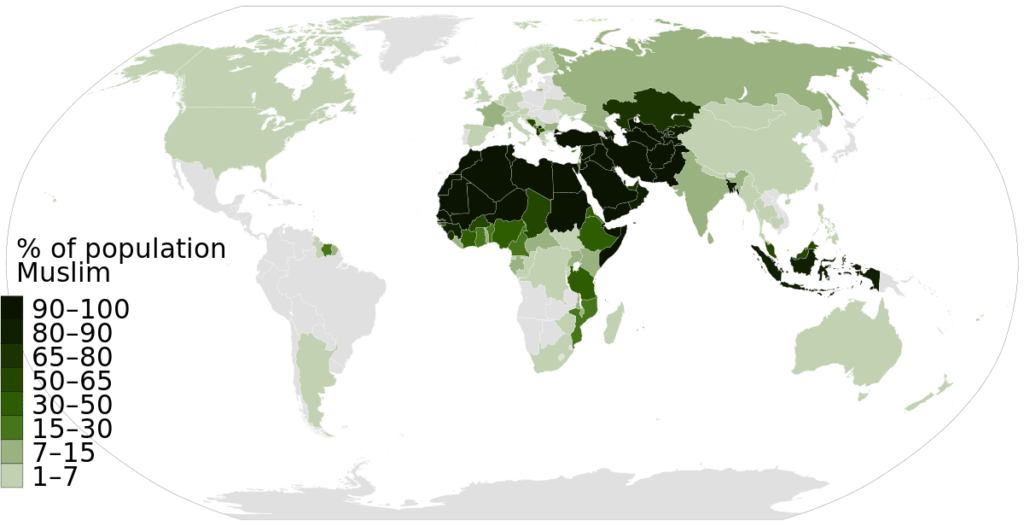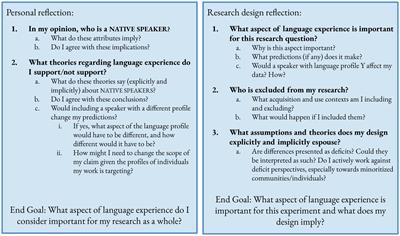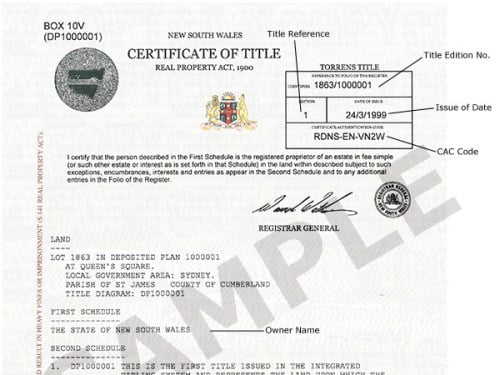In the ever-growing world of real estate, having knowledge of different languages can be a valuable asset. However, when it comes to the Arabic language, while it is undoubtedly beneficial, it is not mandatory. That’s because English is widely spoken in real estate circles, making it the lingua franca for professionals in the industry. So, while being fluent in Arabic might give you an extra edge, it is not a prerequisite for success in the real estate world.

Benefits of Knowing Arabic in Real Estate
Enhanced Communication with Clients
One of the biggest advantages of knowing Arabic in the real estate industry is the enhanced communication it enables with clients. Being able to speak their language allows you to have meaningful conversations, understand their needs and preferences, and address any concerns they may have. This level of communication can significantly strengthen your relationship with clients and help you build trust, making them more likely to choose you as their real estate professional.
Understanding Local Market Dynamics
Knowing Arabic can also help you gain a deep understanding of local market dynamics in Arabic-speaking countries. Language is intertwined with culture, and by learning Arabic, you are immersing yourself in the culture of the region. This knowledge allows you to better understand the market trends, local customs, and traditions that influence the real estate sector. Being well-versed in these dynamics can give you a competitive edge when it comes to identifying investment opportunities and serving your clients’ needs effectively.
Building Trust and Establishing Relationships
In any business, building trust and establishing relationships is crucial, and this holds true for the real estate industry as well. When you speak Arabic, you demonstrate a genuine interest and respect for the local culture. This helps create a common ground and facilitates stronger connections with Arabic-speaking clients, colleagues, and business partners. By investing time and effort into learning Arabic, you can develop meaningful relationships that can lead to future business opportunities and referrals.
Navigating Legal and Administrative Processes
Real estate transactions often involve adhering to specific legal and administrative processes, and having knowledge of Arabic can be highly beneficial in navigating these procedures smoothly. It enables you to understand legal documents, contracts, and paperwork written in Arabic, ensuring that you have a comprehensive understanding of the terms and conditions involved. This comprehension eliminates the need for relying solely on translations, reducing the risk of misinterpretation and potential misunderstandings that could arise during the transaction process.
English as the Lingua Franca in Real Estate
Widespread Use of English in International Real Estate
While knowing Arabic can certainly provide numerous benefits in the real estate industry, it is worth noting that English has become the lingua franca in international real estate circles. English is widely spoken and understood by professionals across the globe, making it the preferred language for international transactions. This is particularly true for markets that attract foreign investors, where English acts as the bridge for seamless communication and negotiation.
English as the Preferred Language for Contracts
Legal contracts are a critical aspect of the real estate industry, and in many cases, these contracts are drafted in English. As international real estate transactions often involve parties from different linguistic backgrounds, using a common language like English simplifies the legal process and ensures clear communication. English proficiency is essential for understanding contractual terms, negotiating deals, and protecting the interests of all parties involved.
English Language Proficiency of Real Estate Professionals
Proficiency in English is a necessary skill for real estate professionals operating in an international context. The ability to communicate effectively in English enhances your credibility and allows you to engage with clients, investors, and other industry professionals from diverse cultural backgrounds. English language proficiency helps bridge communication gaps, fosters trust, and opens doors to a wide range of opportunities in the global real estate market.

Key Considerations for Non-Arabic Speakers
Partnering with Local Arabic-Speaking Professionals
For real estate professionals who do not speak Arabic, partnering with local Arabic-speaking professionals can be an invaluable strategy. Collaborating with bilingual colleagues or hiring Arabic-speaking assistants ensures that language barriers do not hinder your ability to serve clients effectively. This way, you can leverage their language skills and cultural insights to enhance your business operations and provide a higher level of service to Arabic-speaking clients.
Utilizing Translation and Interpretation Services
When working with Arabic-speaking clients in a real estate transaction, utilizing professional translation and interpretation services can bridge the gap between languages. These services can provide accurate and reliable translations of important documents, such as legal contracts or property listings, ensuring that all parties involved fully understand the terms and conditions. Having access to professional interpreters can also facilitate smooth communication during negotiations, avoiding potential misunderstandings and misinterpretations.
Cultural Sensitivity and Respectful Communication
Even if you don’t speak Arabic fluently, it is crucial to approach Arabic-speaking clients with cultural sensitivity and respectful communication. Showing an interest in their language and culture, even by learning a few basic Arabic phrases, can go a long way in establishing rapport. Being mindful of cultural customs, practices, and etiquette can help create a positive impression and build trust with your clients. Developing cultural intelligence and demonstrating respect for different cultural norms is key to fostering successful business relationships.

Opportunities in the Arabic-Speaking Real Estate Market
High Demand for Arabic-Speaking Real Estate Professionals
Arabic-speaking real estate professionals are in high demand in markets with a significant Arabic-speaking population or in regions that attract Arabic-speaking investors. Investors and clients often prefer working with professionals who can converse in their native language, as it fosters better communication, builds trust, and facilitates smoother transactions. Having the ability to speak Arabic gives you a competitive advantage and opens doors to opportunities within the thriving Arabic-speaking real estate market.
Unlocking Access to Niche Markets and Opportunities
Knowing Arabic gives you access to niche markets and opportunities that may be less visible to non-Arabic speakers. In certain regions, there may be properties or investment opportunities that are primarily marketed or advertised in Arabic. By understanding the language, you can tap into these niche markets, gaining a unique advantage to explore and capitalize on opportunities that others may overlook. This ability allows you to broaden your client base and potentially increase your business revenue.
Competitive Advantage in Certain Regions
In regions where Arabic is the dominant language, such as the Middle East, North Africa, and parts of Southeast Asia, knowing Arabic provides a significant competitive advantage. In these markets, Arabic is the language of business and everyday life. Speaking Arabic allows you to communicate directly with local clients, negotiate contracts independently, and build strong relationships with key stakeholders. This level of engagement offers a competitive edge over competitors who rely solely on translation services or interpreters.

Resources for Learning Arabic in Real Estate
Language Courses and Programs
Numerous language courses and programs are available for individuals interested in learning Arabic for real estate purposes. These courses cater specifically to the needs of real estate professionals, providing industry-specific vocabulary and scenarios. Whether it’s in-person classes, online courses, or language programs offered by professional organizations, investing in formal education can help you develop the necessary language skills to excel in the Arabic-speaking real estate market.
Online Resources and Language Exchanges
The internet offers a plethora of online resources and language exchanges that can assist in Arabic language acquisition. Websites, mobile applications, and online forums provide interactive lessons, language exercises, and opportunities to converse with native Arabic speakers. Engaging with these resources regularly can improve your vocabulary, grammar, and conversational skills, allowing you to communicate more confidently in Arabic. Language exchanges, where you can practice with Arabic speakers who are learning your native language, offer a mutually beneficial learning experience.
Engaging with Arabic-Speaking Communities
Immersing yourself in Arabic-speaking communities, whether locally or virtually, can greatly enhance your language learning journey. Attend local cultural events, participate in language exchange meetups, or join online communities dedicated to Arabic learning. Engaging with native Arabic speakers in authentic settings not only provides language practice but also offers valuable insights into the culture, customs, and traditions that influence the Arabic-speaking real estate market. Building connections within the community can open doors to mentorship opportunities and potential collaborations.

Conclusion
While knowing Arabic can undoubtedly be beneficial in the real estate industry, it is essential to recognize that it is not mandatory. English has become the lingua franca in international real estate circles, and proficiency in English is essential to thrive in the industry. However, for those who wish to expand their horizons and cater to Arabic-speaking clients and markets, learning Arabic can provide a competitive advantage and unlock potential opportunities. Partnering with local Arabic-speaking professionals, utilizing translation services, and approaching clients with cultural sensitivity are key considerations for non-Arabic speakers. By leveraging language learning resources and immersing yourself in Arabic-speaking communities, you can enhance your skills and thrive in the evolving global real estate market.

